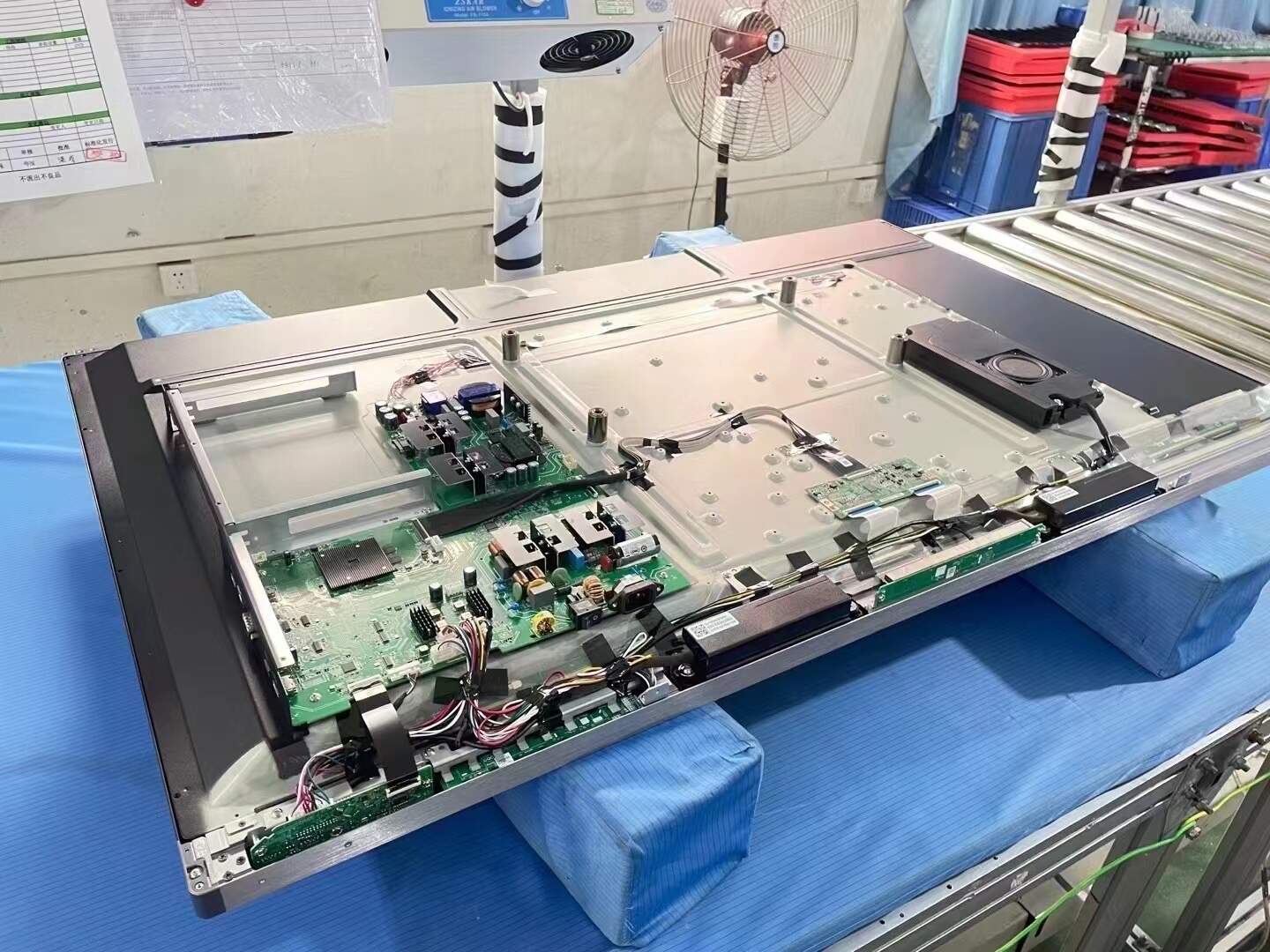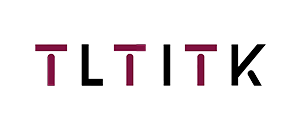Email format error
Email cannot be empty
Email already exists
6-20 characters(letters plus numbers only)
The password is inconsistent
Email format error
Email cannot be empty
Email does not exist
6-20 characters(letters plus numbers only)
The password is inconsistent

News
Here, you can describe a piece of text you want to express

Digital Transformation: How Smart Devices Drive Industry Upgrades
In the modern business landscape, digital transformation is no longer a buzzword—it’s a necessity. As industries evolve, the adoption of smart devices has emerged as a powerful catalyst for this transformation, offering innovative solutions that enhance productivity, streamline operations, and provide better customer experiences. From manufacturing to healthcare, retail to logistics, smart devices are driving the next phase of industrial upgrades, revolutionizing the way businesses operate and deliver value.
What is Digital Transformation?
Digital transformation refers to the integration of digital technologies into all aspects of business operations, fundamentally changing how companies operate and deliver value to their customers. At the heart of this transformation is the adoption of smart devices—technology that connects everyday objects to the internet, allowing them to collect, exchange, and analyze data. These devices range from IoT (Internet of Things) sensors, wearables, and automated machinery to advanced analytics tools and cloud-based platforms.
By enabling businesses to collect real-time data, automate processes, and improve decision-making, smart devices have become crucial in upgrading industries across the board.
Smart Devices in Various Industries
- Manufacturing: Boosting Efficiency and Productivity
In the manufacturing sector, smart devices have taken the lead in improving efficiency, safety, and product quality. The integration of sensors and connected machines has given rise to smart factories—factories that use IoT technology to monitor and control production processes. These devices track equipment performance in real-time, predict potential failures, and schedule maintenance automatically, reducing downtime and optimizing operations.
For instance, smart sensors can monitor the condition of machinery and provide early warnings of potential malfunctions, allowing manufacturers to carry out predictive maintenance before costly breakdowns occur. This reduces operational costs and ensures a smoother, more efficient production process. Furthermore, automation driven by smart devices allows companies to scale production without increasing labor costs.
- Healthcare: Improving Patient Care and Operational Efficiency
The healthcare industry has seen transformative changes with the introduction of smart devices, particularly in patient care, data management, and operational efficiency. Wearable devices, such as fitness trackers and smartwatches, provide real-time health monitoring, allowing patients to track vital signs like heart rate, blood pressure, and sleep patterns. This data can then be shared with healthcare providers, enabling remote monitoring and early detection of health issues.
Hospitals and clinics have also adopted smart devices for internal operations. IoT-enabled medical equipment, such as connected infusion pumps and diagnostic machines, helps reduce human error and improves the accuracy of patient care. Additionally, smart devices streamline inventory management, track medication usage, and optimize the flow of patients through healthcare facilities, ensuring better resource allocation and reducing wait times.
- Retail: Enhancing Customer Experiences
The retail industry has embraced smart devices to deliver personalized, seamless experiences for customers. Through the use of smart sensors and beacons, stores can track customer behavior in real-time, sending personalized offers and promotions directly to shoppers' smartphones based on their location within the store. This enhances the shopping experience, driving sales and increasing customer loyalty.
Smart shelves, equipped with RFID (Radio Frequency Identification) tags and weight sensors, help retailers track inventory in real-time and ensure that products are always stocked. Additionally, digital kiosks and touch screens allow customers to interact with products, check prices, and receive personalized recommendations. Retailers can also use smart point-of-sale (POS) systems to process transactions faster and analyze customer purchasing behavior, providing valuable insights for marketing and sales strategies.
- Logistics and Supply Chain: Streamlining Operations
Smart devices are reshaping the logistics and supply chain sectors by enabling real-time tracking, automation, and optimization. With GPS-enabled tracking devices, companies can monitor the location and status of shipments in real-time, providing accurate delivery times and reducing delays. IoT sensors installed in warehouses and trucks help optimize inventory management by tracking stock levels, temperature, and humidity, ensuring products are stored under optimal conditions.
Automated vehicles and drones are also becoming increasingly common in logistics, helping companies streamline delivery processes and reduce labor costs. Smart devices like RFID tags and IoT-enabled equipment help businesses automate everything from inventory control to sorting and packaging, improving speed and accuracy across the entire supply chain.
- Energy and Utilities: Maximizing Sustainability
The energy and utilities industry has also benefited from the rise of smart devices, particularly in the areas of energy management and sustainability. Smart meters allow consumers to monitor and manage their energy consumption, offering insights into how to reduce waste and save on utility costs. In industrial settings, IoT sensors can optimize energy use in real-time by adjusting temperature, lighting, and other systems to minimize energy waste.
Smart grids, which use digital communication technology to monitor and manage energy distribution, help utilities balance supply and demand efficiently. These systems reduce the risk of power outages, improve grid stability, and enable renewable energy sources, like solar and wind, to be integrated into the grid more effectively.
The Benefits of Smart Devices for Digital Transformation
-
Improved Efficiency and Productivity
Smart devices automate repetitive tasks, reduce manual errors, and optimize workflows, leading to increased operational efficiency. This allows businesses to focus on higher-value activities, reduce costs, and improve productivity. -
Enhanced Data-Driven Decision Making
The ability to collect real-time data from smart devices provides businesses with actionable insights that can inform better decision-making. This data-driven approach helps companies optimize operations, improve customer experiences, and stay ahead of competitors. -
Cost Savings and Resource Optimization
By automating processes, predicting maintenance needs, and improving resource allocation, smart devices help businesses cut costs and make better use of their resources. Over time, this leads to significant savings in operational expenses. -
Better Customer Experience
Smart devices enable businesses to provide a more personalized, responsive, and efficient customer experience. Whether through tailored recommendations, faster service, or improved product quality, smart devices elevate the overall customer experience. -
Competitive Advantage
The adoption of smart devices gives businesses a competitive edge by allowing them to innovate, increase agility, and stay ahead of industry trends. Those that embrace these technologies are better equipped to adapt to changing market conditions and meet evolving customer expectations.
Conclusion
The role of smart devices in driving digital transformation cannot be overstated. From manufacturing to healthcare, retail to logistics, these technologies are revolutionizing industries, offering unprecedented efficiency, productivity, and customer satisfaction. As businesses continue to embrace the potential of smart devices, the future of digital transformation looks bright—paving the way for more connected, automated, and innovative industries.
For businesses looking to stay competitive in the modern marketplace, adopting smart devices is not just a strategic advantage; it is a necessity for thriving in the digital age. The time to embrace smart devices is now—those who do will lead the charge toward a more advanced, efficient, and customer-centric future.

